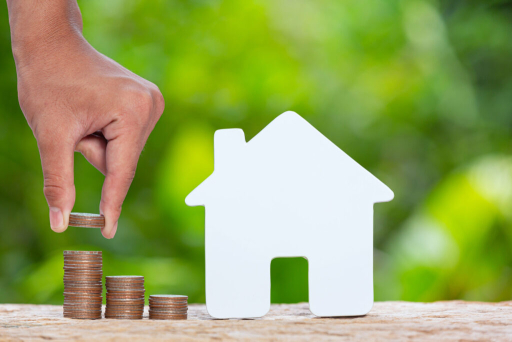
Blog: finance and real estate made simple
Articles and insights to help you navigate and grow
Why are residential property prices where they are?

Why are real estate prices falling? Is a mortgage crisis like in 2007 beginning?
The Czech real estate market in the area of residential property sales and rentals is in many respects a standard market functioning on market–economic principles. However, researchers from the Institute of Sociology of the Czech Academy of Sciences point out that young people starting a family while living in rental housing may be perceived as irresponsible. At least in one respect, however, we remain bound by established social norms associated with the traditional desire for homeownership—and this applies across all age categories.
According to a survey by the agency Median at the end of 2020, the idea of ideal housing for 95% of young people (millennials aged 18–35) is based on (co-)ownership. Unlike in other areas, these millennials do not think differently about housing than the majority of the population. The desire for homeownership influences our decisions; we often buy property emotionally. We mostly perceive it as an asset that brings benefit or as an investment, and we close our eyes to alternative ways of appreciating our funds. However, not every property is a profitable investment.
The consequence of these decisions is lower efficiency of the housing market. It has been proven that in countries with a strong orientation toward homeownership (such as the Czech Republic, Hungary, or Lithuania), during a real estate boom, prices rise faster than in countries where a larger share of households live in private rental housing (for example Germany and Austria). Properties appreciate at a quicker pace, the number of average wages required to purchase a home increases, properties become overvalued, and a price bubble forms. This was observable on the Czech real estate market until Q1 2022. In times of crisis, the subsequent fall in property prices is the steepest in countries dominated by homeownership—especially where a stable, efficiently functioning rental housing system is absent.
Currently, history is beginning to repeat itself: prices of certain properties are heading downward, the time needed to sell is increasing, and the number of advertised properties is rising. Those who financed a substantial portion of the purchase price with a mortgage have disappeared from the market. Some potential buyers are now concerned about the sustainability of their incomes in the future, are postponing property purchases, and are moving into the rental market. There, increased demand for rental housing (in combination with the refugee crisis) has driven rental prices upward.
Further development will depend on the overall state of our economy—especially on how quickly we emerge from a possible economic recession and how soon inflation returns to normal levels. The shorter this period, the sooner the previously mentioned desire for homeownership will reappear, which will subsequently trigger another increase in property prices.
Did my article catch your attention? Would you like to learn more or browse the current offers of our real estate agency? Simply click the button “I want an offer” and I will get in touch with you!
Stone & belter blog
Similar articles
Category















